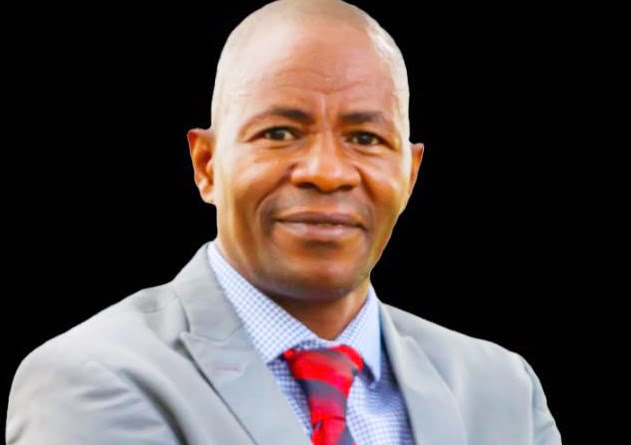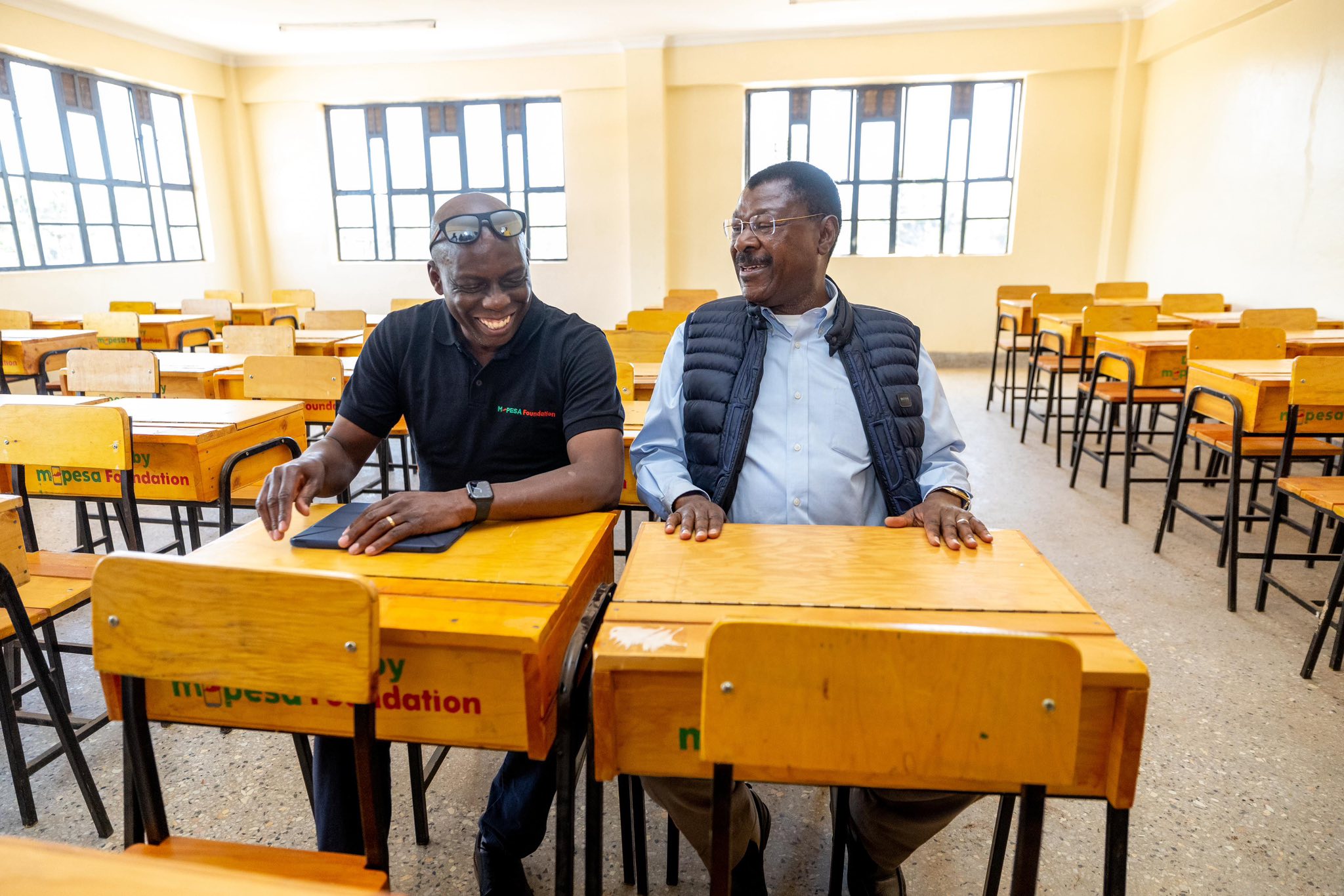By Roy Hezron
University Academic Staff Union (UASU) has given two ultimatums of saving the cash stripped public varsities: increasing the students’ fee or the government increasing its capitation to public varsities.
UASU National Organising Secretary Onesmus Maluki Mutio, who is also UASU Multimedia University Chapter Secretary, told Education News in a recent interview that if that is not done, every university will continue struggling financially.
“Students fees’ should either be increased to Ksh 48,000, which will still be cheaper than what is paid is some high schools, or the government should increase their funding to varsities to enable them meet their budget,” he stated.
According to Maluki, the fees students are paying in public universities is cheaper amplifying the notion that it is cheaper to pay University fees than kindergarten fees.
“What students are paying now is what was their counterparts were paying 20 years ago. The amount is too little to sustain universities yet the government hasn’t been keen on recent proposals to increase the fee from the current Ksh 16,000 to Ksh 48, 000,” he said.
Maluki observed that if the government allows the fee to be increased as per the proposals by the Vice-Chancellors, the kind of financial crisis affecting the public universities could not have been there.
Since 2021, Vice-chancellors have been pushing the government to increase fees nearly three times, in a bid to ease the cash flow woes bedeviling the institutions.
During the first international annual conference for public universities held in September 2022, public universities Vice-chancellors revived the petition to increase tuition fees in public universities in their latest efforts to keep the institutions afloat.
The officials had earlier proposed that tuition fees be increased to Sh48, 000 from the current Sh16, 000 for fresh students.
Of the current annual average fees of Ksh 26,000, tuition charges take Ksh 16,000, an amount that has remained unchanged from 1995. The student pays Ksh 8,000 while the other amount is paid by the Higher Education Loans Board (HELB). The remaining Ksh 10,000 is taken by charges like registration, amenity, medical and activity fees.
Public universities are funded through government capitation that is submitted to universities every month. The amount is supposed to cater for expenditures but since it isn’t enough, varsities have been forced to generate their own funds.
“Some universities have other entrepreneurship enterprises that generate money since they are expected to generate their own money so as to top up the government capitation for the full funding,” Maluki elaborated.
Maluki states that if the government doesn’t approve of fees being increased, it should instead increase its capitation to public universities.
“They need to increase capitation to help pay salaries. What varsities receive currently cannot sustain them hence the current crisis. What makes matters worse is that self-sponsored students aren’t in public universities to help top up income,” he explained.
Maluki stated that the situation is even worse as some of the students are now being taken to private universities instead.
“The public university sector is dying because the little money they could have received from the government is now being channeled to private universities,” lamented Maluki.
Until recently, universities would make up for the shortfall in government disbursements by raising revenue from enrolling the self-sponsored students to the erstwhile lucrative parallel degree programmes.
Students who had a Mean Grade of C+ (plus) and above in Kenya Certificate of Secondary Education (KCSE) and couldn’t be admitted by the then Joint Admission Board (JAB, currently the Kenya Universities and College Central Placement Service (KUCCPS), could be admitted to universities through the Self Sponsored Programme (SSP).
The change of the government’s policy in 2016 to allow students who got C+ (plus) and above get direct university entry through the government sponsored programme led to the death of SSP. Public universities’ internally generated funds have continued to dwindle since then leading to the varsities registering persistent losses.
In 2021 KCSE, which was released on April 23, 2022, the number of candidates with minimum university entry qualification of Grade C+ and above rose to 145,145 (17.49 per cent) compared to 143,140 (19.03 per cent) in 2020, with percentage of candidates with mean Grade of C+ and above declining from 19.03 to 17.49.
The Universities Fund (UF) has already sent a draft funding formula to the Treasury, that if adopted, will replace the current criteria that has been used since 2017; the Maximum Differentiated Unit Cost (MDUC) where the government meets 80 per cent of the costs while the universities and households meet the remaining 20 per cent.
The current formula has been used since the 2017/18 financial year to allocate funds to government-sponsored students in public and private universities.
The proposed funding formula is pegged on performance indicators that include absorption of an institution’s graduates in the job market, research and training on financial management for top officials.
The new Education Cabinet Secretary Ezekiel Machogu, during the vetting session by the Committee on Appointments on October 21, 2022, said he will ensure implementation of the mandate of Universities Fund to allocate monies to institutions of higher learning according to the criteria established.
He further added that he is aware that some cartels in the ministry have frustrated the full empowerment of Universities Fund to release its full mandate.
“I will ensure that Universities Fund will be operationalized during my first month in office. It is not the officers in ministry to do it. The body to dispatch the funds is this institution,” said Machogu.
On the question on whether money should be sent to private universities to government sponsored students, Machogu said that the matter is largely legislative and asked MPs to amend the law.
“Government gives capitation to all public universities. The amendments done by MPs to Universities Act made it possible for private universities to access public money.” Machogu said.






